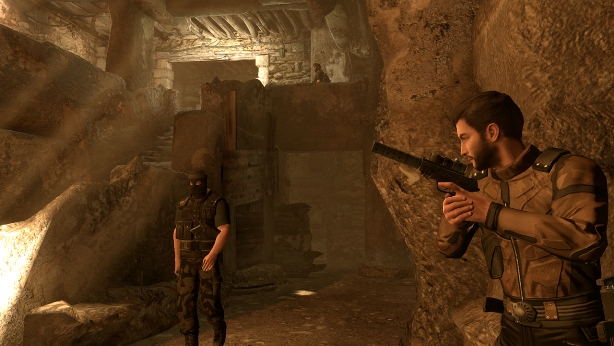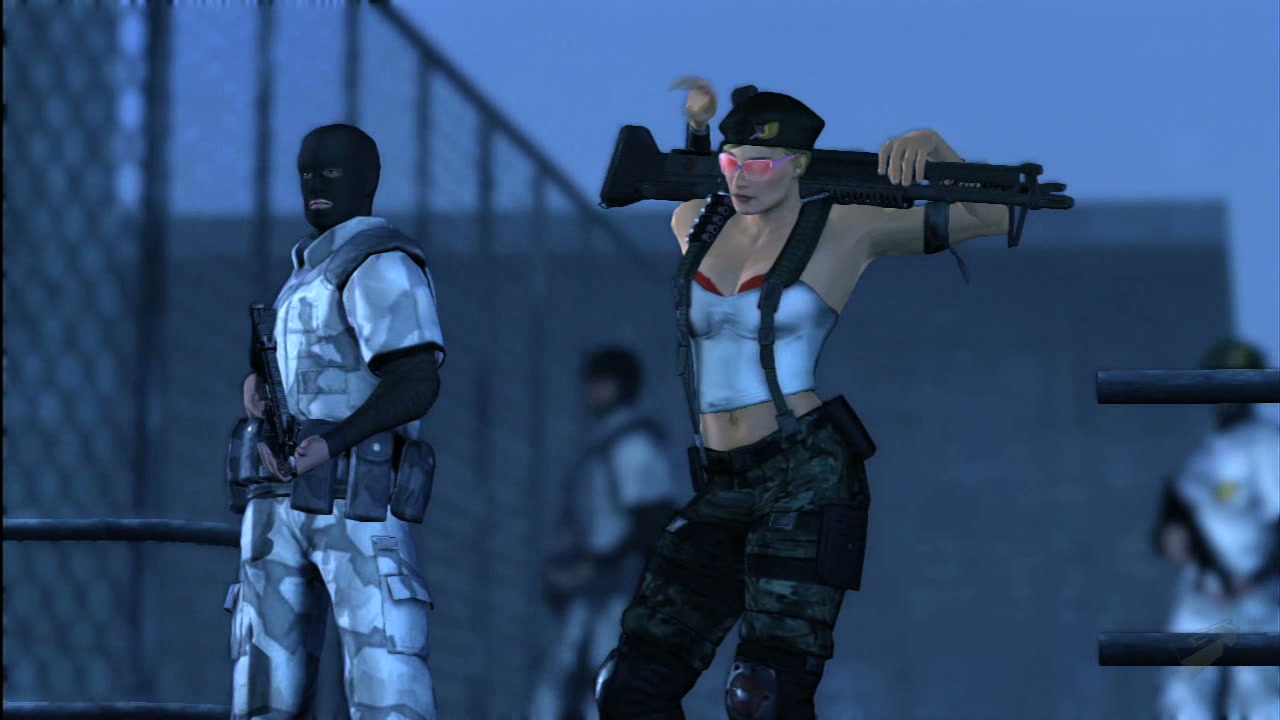This post has not been edited by the GamesBeat staff. Opinions by GamesBeat community writers do not necessarily reflect those of the staff.
If you're not familiar with Alpha Protocol, suffice it to say it's an action role playing game (RPG) in an espionage setting. And it's an RPG that greatly rewards you for choosing a role and playing it well. You want to be a stealth bad-ass? Fine, level up the corresponding skills and sneak around, taking down bad guys without them even knowing you're there. Want to be a killing machine? You're covered, just be sure to spend the time to level the corresponding weapon skills and to visit the in-game clearinghouse that sells weapons and mods.

Alpha Protocol is a game that does an incredible job of branching on choices. Who you befriend or piss off, who you save or kill, they all feed into the story in often subtle but sometimes dramatic ways. Furthermore, as you gather intelligence in the game, you can decide which to ignore or pursue and whether objectives should be achieved through diplomacy or violence. The game gives you choice after choice, including which class to use, which mission to take next, which equipment to use on a mission, and which stance to use with a given NPC.
Missions can become easier or more difficult, romantic options available or closed off, and weapon supply increased or decreased, simply based on the choices you make. And while sometimes those choices are black and white, the dialogue options are never spelled out enough that you know just what to choose. When the options are "Casual," "Silent", and "Honest," for example, which do you choose? How do you know which option to choose to have the desired effect?

As you play the game you look at the responses NPCs give you to help you decide how to interact with them. So if you choose "Honest" the first time and get a response you're happy with, choosing that a second time, if it's available, will probably have a similar effect. But if it doesn't give you the response you were hoping for, the names of the options do give hints on how you should proceed. Choosing "Silent" instead of "Honest," for example, does imply that you're not going to open yourself up to the NPC in the same way.
But don't expect to get a second chance. Each dialogue option is available for only a short amount of time, and once the opportunity is over, you are forced to move on. This lends weight to each choice, of course, and lets you dictate the story more than in most RPGs. You can replay the game, and because during one play through you decided to tackle one area of the game before another, for example, you will often experience the story quite differently. Subsequent play throughs can yield some really unexpected surprises.
While the choices you make may be weighty, Alpha Protocol's developer, Obsidian Entertainment, decided against giving the game a serious tone. And while the story focuses on serious topics: War, a corrupt global corporation, an assassination attempt, and more, you'll find the protaginist and the NPCs only serious about half the time. The rest of the time they'll joke and generally take a lighter view of the subject matter. So when an over the top boss makes an appearance, it doesn't seem out of character. The game and its characters don't really take themselves very seriously.

And this is one of the game's great charms. It provides a solid RPG framework, with good stats-based combat, a robust dialogue system, and generally excellent missions, but it knows that the subject matter is one that is often portrayed with levity in film. James Bond may be a great spy, for example, but he's usually more concerned with getting layed than killing the bad guy. And this kind of light hearted spirit fuels Alpha Protocol. It wants you to take in the sights and sounds and know that while you need to save the world, you should have fun doing it.